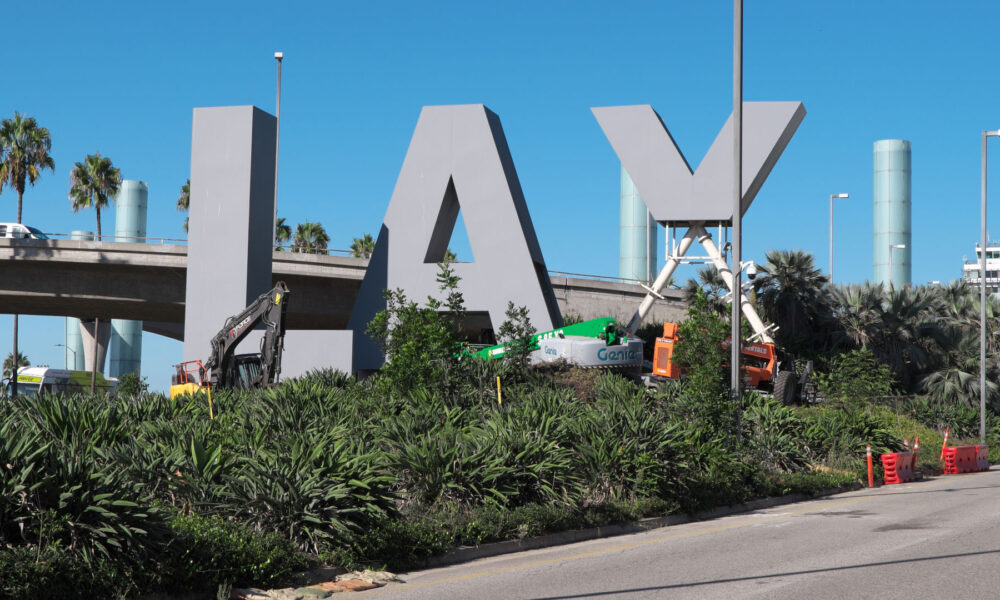A significant number of vacant lots in Chicago, owned by a woman identified as the city’s “worst landowner,” remain unsold despite efforts to address her debts. Suzie B. Wilson, alongside her sister, spent decades developing a real estate portfolio primarily in some of Chicago’s most underprivileged neighborhoods. However, the accumulation of neglected properties has resulted in substantial financial penalties, with fines amounting to $15 million for violations related to rodent infestations.
Following Wilson’s bankruptcy filing, the city of Chicago approved a plan to sell these properties, aiming to recoup some of the lost revenue. The expectation was that the sales would generate millions in funds for the city. Unfortunately, the reality has not met these expectations, as many of the properties have failed to attract buyers, and those that have sold did so for significantly less than their estimated market value.
Neglect Leads to Financial Burden
The properties in question, often criticized for their dilapidated condition, pose a challenge not only for potential buyers but also for surrounding homeowners. Many residents find themselves living next to weed-strewn lots that contribute to neighborhood blight. The lack of interest in these properties has left the city without the anticipated financial relief, prolonging a situation that many had hoped would be resolved through the sales process.
The difficulties faced in selling these lots underscore a larger trend in urban real estate markets, particularly in economically disadvantaged areas. Properties that have been neglected over the years often carry heavy financial burdens, which can deter potential buyers even when prices are reduced.
Community Impact and Future Prospects
Residents in the affected areas are left grappling with the consequences of years of neglect. The city’s efforts to sell these properties were aimed at not only alleviating its financial woes but also revitalizing neighborhoods that have long suffered from the impacts of disinvestment. As the city navigates this complex situation, the lack of viable buyers raises questions about the future of these lots and the potential for meaningful improvements in the community.
As the situation unfolds, Chicago officials are likely to explore alternative strategies to manage these vacant properties. The need for a comprehensive approach to urban redevelopment remains critical, particularly in areas that have faced historical neglect. For more detailed information, visit Illinois Answers.







